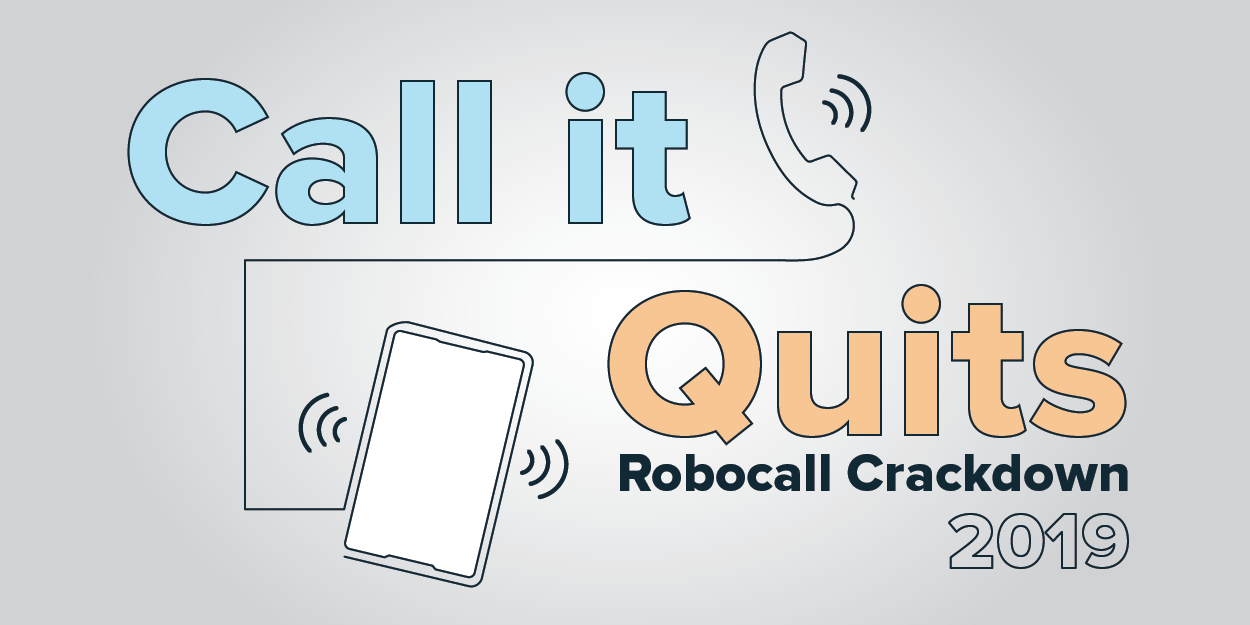
Tired of robocalls? So are we. Today the FTC and state and federal partners announced Operation Call it Quits, an effort to go after robocallers. As part of the announcement, the FTC has new videos, infographics, and articles you can watch, read, and share at ftc.gov/calls.
You can read more in our press release, but the FTC actions announced include:
- A Florida-based operation that the FTC alleges used illegal robocalls in a scheme to get people to pay to get their credit card interest rates lowered — which didn’t happen.
- A money-making scheme that the FTC alleges used robocalls and online ads to get people to pay thousands of dollars for “program memberships” to get big earnings. But few people made any money buying into the program, and many lost their entire investment. Instead, they were told to make more robocalls to pitch program memberships and digital products to other people.
- A serial dialer who settled charges that he operated a dialing platform that blasted out illegal calls for telemarking operations, including calls to telephone numbers on the National Do Not Call Registry, robocalls, and calls with faked caller ID information.
- A telemarketer for the solar industry that the FTC alleges called people illegally, including millions of calls to people on the National Do Not Call Registry. The defendants called people to see if they were interested in home solar energy systems, and then transferred interested people to companies selling the solar products. The owners of the operation have agreed to a ban on placing robocalls and calling numbers on the Registry.
So what can you do about robocalls? If you get one:
Hang up.
- Don’t trust caller ID — it can be faked.
- Ask your carrier about call blocking.
- Report robocalls to the FTC at donotcall.gov.
Learn more at ftc.gov/calls.

